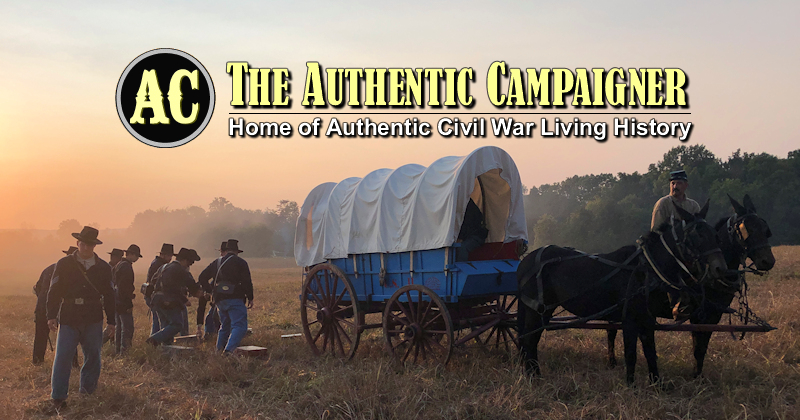Greetings!
I searched for this topic, but no results came up. My apologies if this is a duplicate thread, or if it has been placed in the wrong section. :)
Do any of you know of the books that the soldier's read? Does anyone know of a list of popular soldier books?
We know that the ancient Roman and Greek works were somewhat popular among the men, and so were miliatry instruction manuals such as Hardee's Tactics and Casey's. And, of course, the Bible was by far the most read item.
But what about poetry and general stories?
I recently purchased a period-like bound book of assorted poems and short stories by Edgar Allen Poe. The book's only the size of my hand, so it's handy to keep in my coat pocket, or in my haversack. I find his stories are a good read during the non battle and drill lulls.
So, what were some of the more popular books read by the soldiers? Do you take along period books to events? If so, what do you take along?
I searched for this topic, but no results came up. My apologies if this is a duplicate thread, or if it has been placed in the wrong section. :)
Do any of you know of the books that the soldier's read? Does anyone know of a list of popular soldier books?
We know that the ancient Roman and Greek works were somewhat popular among the men, and so were miliatry instruction manuals such as Hardee's Tactics and Casey's. And, of course, the Bible was by far the most read item.
But what about poetry and general stories?
I recently purchased a period-like bound book of assorted poems and short stories by Edgar Allen Poe. The book's only the size of my hand, so it's handy to keep in my coat pocket, or in my haversack. I find his stories are a good read during the non battle and drill lulls.
So, what were some of the more popular books read by the soldiers? Do you take along period books to events? If so, what do you take along?




Comment